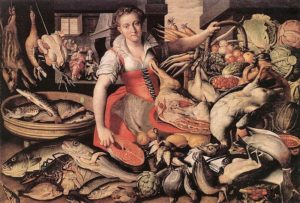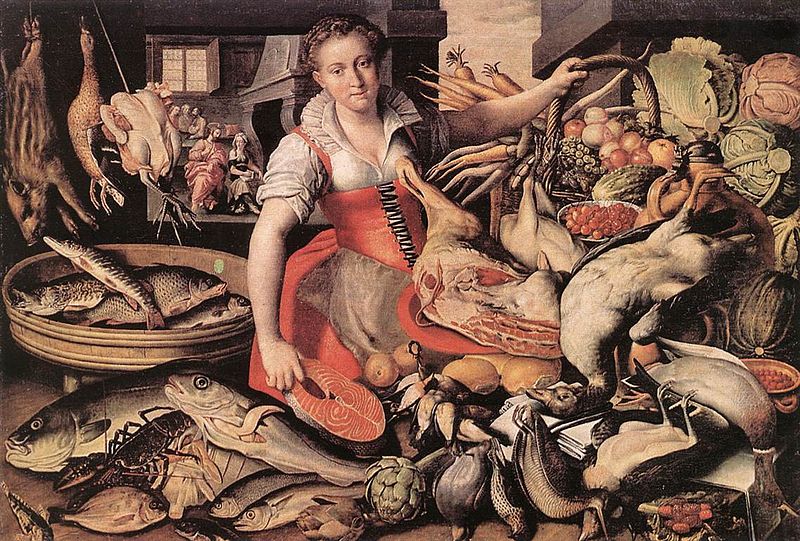
Here is a link to the Doctrinal Homily Outline for the Thirty-First Sunday in Ordinary, titled Priests of Christ are to be leaders who serve.
Back in September, I introduced Fr. Robert Spitzer’s four levels of happiness. I can finally resume.
Only four?
It might seem limiting to claim there are only four basic kinds of human happiness, but I think if we remember we have a certain kind of nature, that is, that we are a certain kind of being, our options are necessarily limited. If we think of any non-rational animal, it would not surprise us that there are even fewer basic kinds of happiness they can enjoy and that they seek.
Physical pleasure
The first level of happiness Fr. Spitzer identifies is physical pleasure. The desire for physical pleasure and the enjoyment of it are good in themselves. As babies, we fervently desire pleasure and vehemently reject its opposite: pain. If we never got hungry or thirsty and did not find pleasure in eating and drinking, we would quickly perish.
It is easy to think of a thousand things that gave and still now give one physical pleasure. If I think back to when I was about ten, on my list would be things like sleeping, watching television, playing games, ice cream, candy, soda, milk, cold water from the refrigerator after playing, getting my back scratched, taking a bath, being read to, jokes, seeing my parents smiling and laughing, music on the radio, and many more. What about you?
Children might seem to live entirely for pleasure. They will put up with non-pleasurable activities in the short-term, hoping for the reward of physical pleasure soon. In addition, children retain the hope of attaining infinite pleasure sometime in the future. Many adults do too. Think of the folk song, “The Big Rock Candy Mountain,” or Neil Young’s, “Sugar Mountain.” I used to think that the ideal life would be to go from one pleasure to another to another forever.
The crisis in physical pleasure
But Father Spitzer points out that this first level of happiness has a crisis built into it. Physical pleasure can be intense, but it is short-lived and when it is over it is over. The enjoyment of an ice cream cone ends when the confection is consumed.
Those who live for physical pleasure want more and more and end up feeling empty and unsatisfied.
In addition, the quest for pleasure can lead to all kinds of sins, like lying and stealing and using others, and all kinds of ruinous addictions like gluttony, alcoholism, drug addiction, and pornography. Some people’s pleasure is intrinsically evil and must always be rejected.
While physical pleasure is good and necessary in our lives, we need the virtue of temperance to moderate this desire. We need to be able to know what pleasures to say yes to or no to, and if or when the desire might be fulfilled.
But physical pleasure is not enough for a human being to be fulfilled.

Leave a Reply